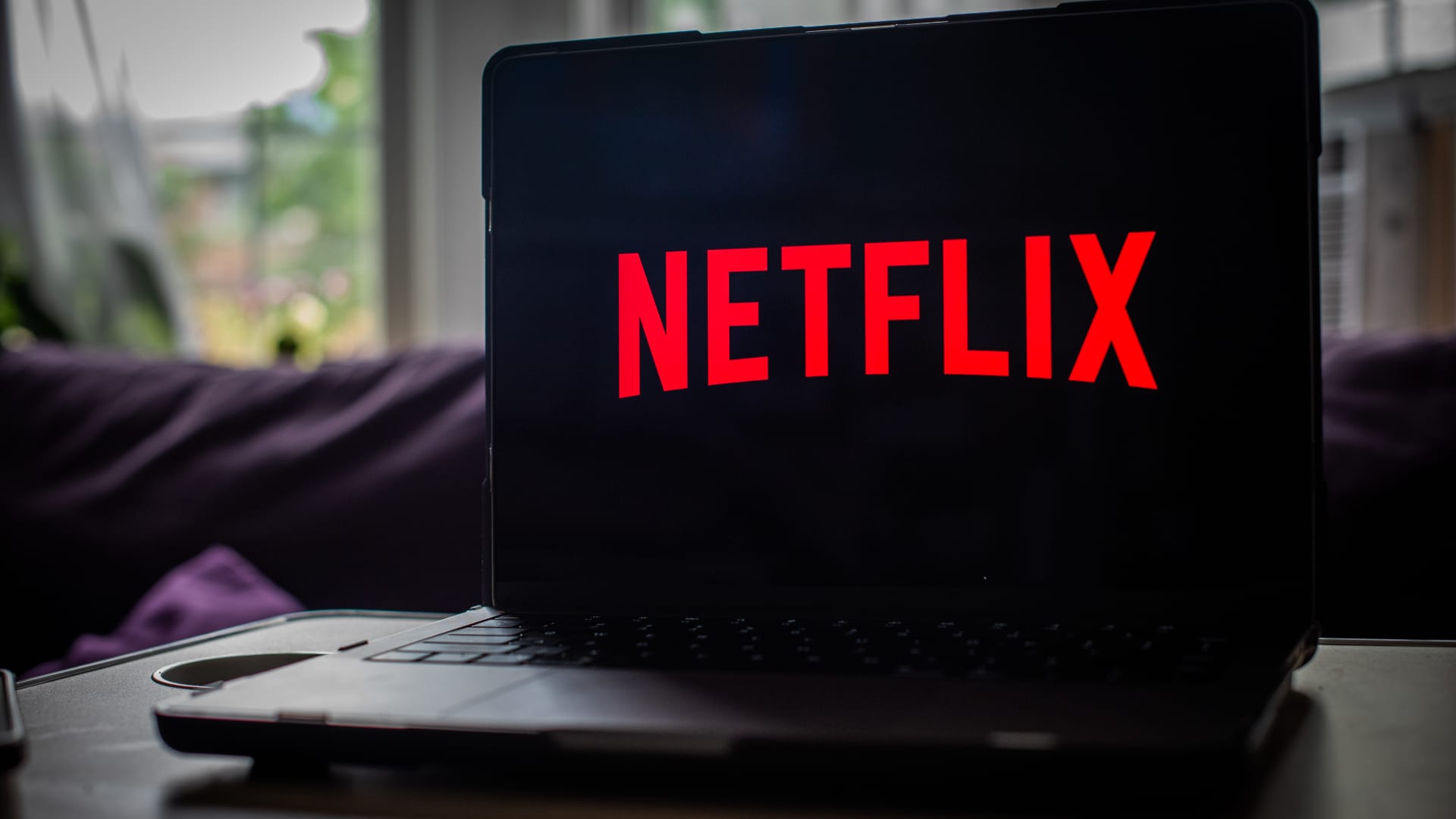The best way to get investors to stop focusing on something is to stop telling them at all.
Netflix announced Thursday that it will no longer report quarterly membership numbers and average revenue per membership starting in the first quarter of 2025.
This is a significant shift for the company and for the so-called “streaming wars,” which are largely characterized by a race for customers. Netflix wants investors to judge the company using the same metrics that executives consider to be “our best indicator of customer satisfaction,” the company said in its quarterly letter to shareholders.
Namely: revenue, operating margin, free cash flow – and time spent on Netflix.
It’s also a signal that Netflix’s second wave of subscriber growth may be coming to an end. The company said it added 9.3 million subscribers in the first quarter as a global crackdown on password sharing and the introduction of a lower-cost advertising tier took effect. (The ad tier costs $6.99 per month in the US as opposed to the standard plan of $15.49).
Subscriber growth will be lower in the second quarter than in the first quarter due to “seasonality,” the company said in the letter. This could be the start of a longer period of slow subscriber growth, as most password-sharing freeloaders are now paying customers.
ARM, which Netflix defines as “streaming revenue divided by the average number of paid streaming memberships divided by the number of months in the period,” rose just 1% year-over-year in the quarter.
Netflix shares fell 4% in after-hours trading, partly due to a weaker full-year revenue growth outlook than some analysts estimated. Netflix forecast revenue growth of 16% for the second quarter, but only 13% to 15% for the full year.
Investors typically don’t like less transparency. Most notably, Netflix is cutting back on the detailed member information that the company used to pride itself on – including providing regional breakdowns that are more specific than any of its competitors. Apple and Amazon have never offered quarterly subscriber information for their streaming services.
Still, forcing Wall Street to focus on revenue and profits rather than user growth is also a testament to Netflix’s maturity as a company. The streamer has been considered a disruptor to traditional media for more than a decade.
Now, about five years after the “streaming wars” began, Netflix is the dominant operator.
“In our early days, when we had little revenue and profit, membership growth was a strong indicator of our future potential,” Netflix said in its letter to shareholders. “But now we are generating very high profits and free cash flow (FCF). We are also exploring new revenue streams such as advertising and our Extra Members feature, so memberships are just one component of our growth.”
“In addition, as we have evolved our pricing and plans from a single tier to multiple tiers with different price points depending on the country, each additional paid membership has a very different impact on the business,” the company added.
Netflix has the luxury of focusing on profits, revenue, and free cash flow because the company’s finances are far healthier than most legacy media companies. For example, sales increased 15% year-over-year.
Operating income increased 54% and operating margin increased 7 percentage points to 28%. These increases exceed companies such as: B. by far Warner Bros. Discovery, Disney, Paramount Global And Comcastis NBCUniversal, which has loss-making (or barely profitable) streaming services and declining traditional TV businesses.
This calls into question whether other media companies will follow Netflix’s lead and stop reporting subscriber numbers for their streaming services. Many of the legacy media companies have not yet begun cracking down on password sharing like Netflix has. That could mean they have even more growth ahead, which investors would probably like to see.
“We have evolved and will continue to evolve,” Netflix co-CEO Greg Peters said during the company’s earnings call. “This means that the historical calculations we used to do are becoming increasingly less accurate in assessing the state of the business,” he added.
Disclosure: Comcast NBCUniversal is the parent company of CNBC.
Source link
2024-04-18 22:29:05
www.cnbc.com














